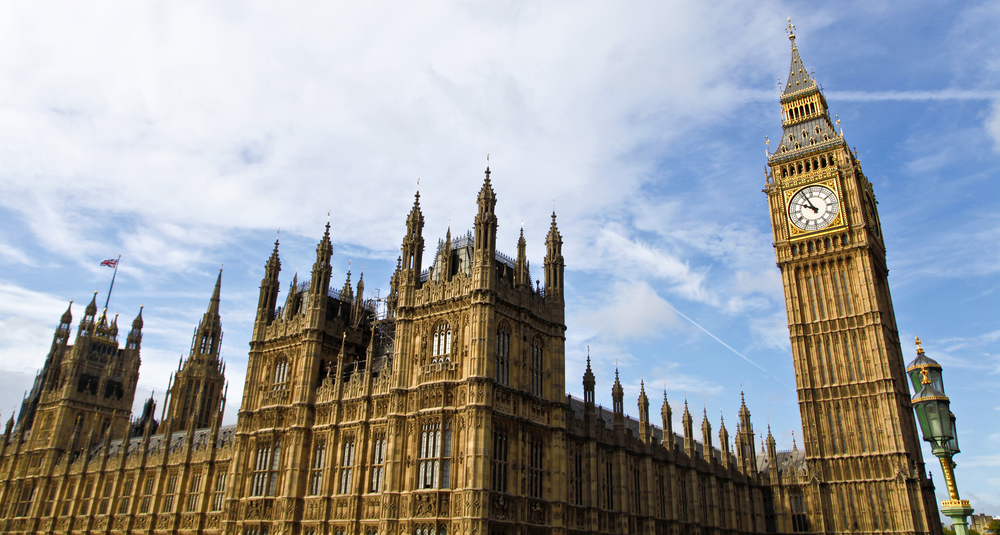Chancellor Philip Hammond delivered his first Budget in the House of Commons yesterday, announcing some significant amendments to taxes, savings and pensions.
This will be the Chancellor’s last Spring Budget after he recently announced that the main Budget would be moved to Autumn in the near future. Here’s a breakdown of some of the key points and how you could be affected by the changes.
PERSONAL TAXES
The main rate of Class 4 National Insurance contributions for the self-employed to increase from 9% to 10% in April 2018 and 11% in April 2019
Class 2 National Insurance is to be scrapped as planned in April 2018
Taken together, millions of self-employed workers could pay an average of £240 a year more but ministers say those earning £16,250 or less will pay less
There were no changes to National Insurance paid by the employed and employers or to income tax or VAT
Personal tax-free allowance to rise as planned to £11,500 this year and to £12,500 by 2020
BUSINESS TAXES
£435m has been allocated for firms affected by increases in business rates, including £300m hardship fund for worst hit
Pubs with rateable value of less than £100,000 to get a one-year £1,000 discount on rates they would have paid
Rate rises for businesses losing existing relief will be capped at £50 a month
A £820m tax avoidance clampdown, including action to stop businesses converting capital losses into trading losses and introduction of UK VAT on roaming telecoms services outside the EU
Privately-owned SMEs to get extra year to prepare for tax digitisation and quarterly reporting
Review of taxation of North Sea oil producers
PENSIONS & SAVINGS
Reduction in tax-free allowance on share dividends from £5,000 to £2,000
The measure, affecting small business owners and investors, will come into force in April 2018, raising £2.63bn by 2021-2022
Dividend income paid on shares held in a stocks and shares ISA will remain tax free.
Measures to tackle abuse of overseas pension schemes
Visit the links below for more on this year’s Budget:











